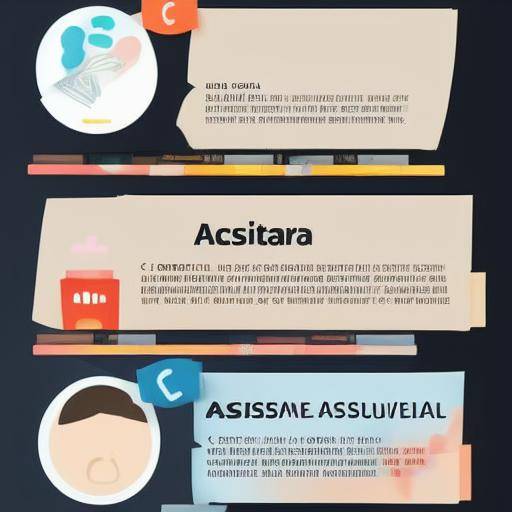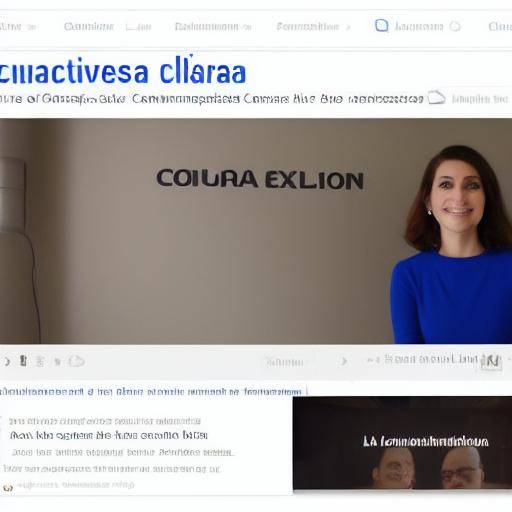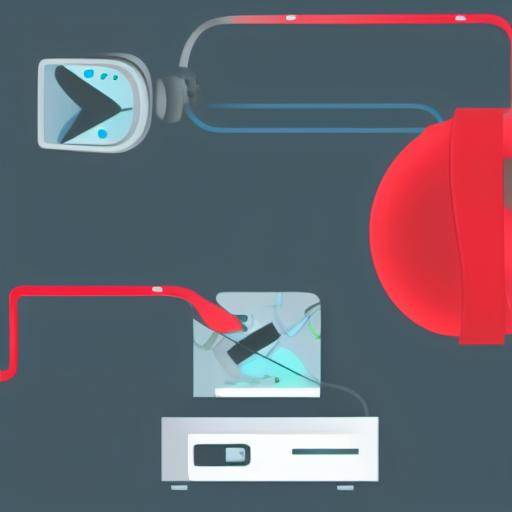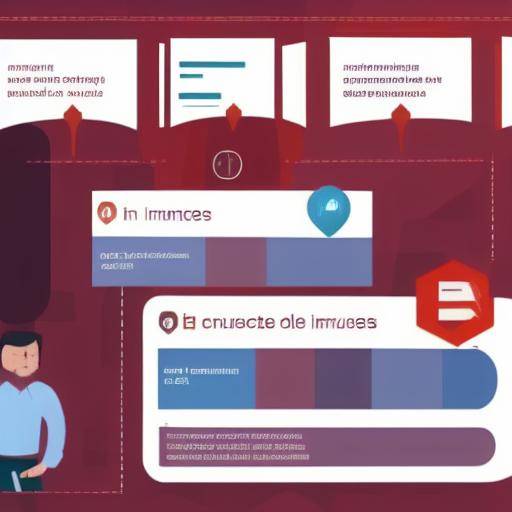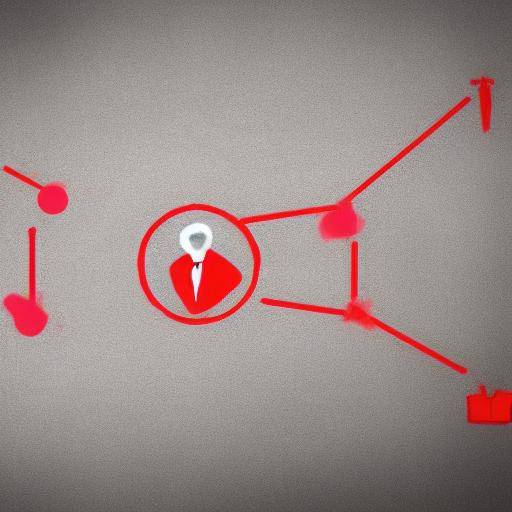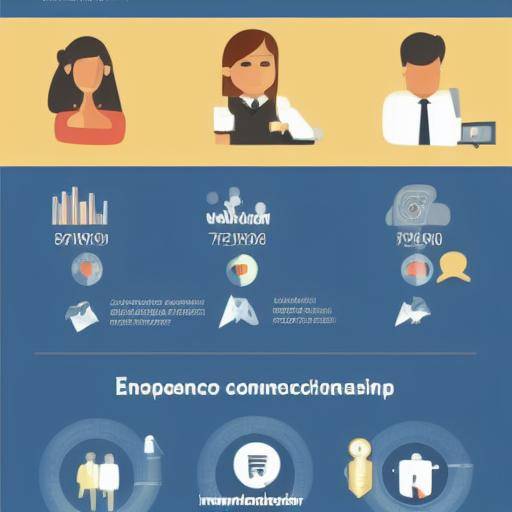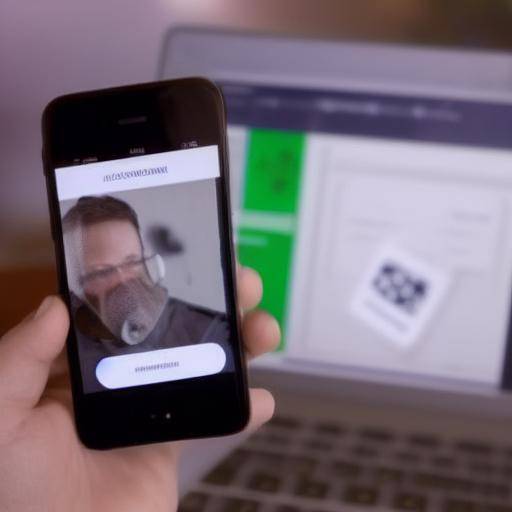
In the world of interpersonal relations, effective communication is fundamental to success both in the personal and professional spheres. Positive feedback plays a crucial role in strengthening this communication, as it can foster an environment of trust, motivation and mutual growth. In this article, we will explore how to use positive feedback to improve communication, addressing its importance, benefits and offering practical advice for its implementation.
The Importance of Communication
Effective communication is the cornerstone of any relationship. Whether in the working, family or social environment, the ability to convey ideas, feelings and needs in a clear and respectful way is essential to generate harmony and cooperation. The term communication covers a wide spectrum of verbal and non-verbal interactions that affect our daily lives.
Understanding Positive Feedback
Positive feedback refers to the information shared with the aim of strengthening behaviors or actions that have had a positive impact. This feedback focuses on recognizing and strengthening the desirable aspects of the individual or group, which can boost continuous development and strengthen self-esteem.
Enhancing Interpersonal Relations
Interpersonal relationships are deeply influenced by the way we communicate. The use of positive feedback can strengthen emotional ties and build an emotionally safe environment, which in turn promotes greater collaboration, satisfaction and individual and collective well-being.
Benefits of Positive Feedback
Positive feedback carries a number of benefits for both the emitter and the receiver. In fostering an environment of support and recognition, motivation, trust and personal development are promoted. This practice also facilitates the identification of strengths in others and fosters a constructive spirit of mutual growth.
Challenges and Considerations
While positive feedback has multiple benefits, its effective implementation requires considering certain challenges. The subjective perception of each individual, organizational culture and clarity in communication are aspects that must be carefully addressed to maximize their results.
Implementation strategies
There are various strategies to implement positive feedback. From the expression of recognition or gratitude to the use of concrete examples that highlight the positive impact of certain actions, these strategies can strengthen emotional connection and foster personal and professional development.
Current Innovations and Future Trends
The field of communication and positive feedback continues to evolve with technological innovations and social trends. Progress in emotional intelligence and positive psychology will impact the way we understand and apply these concepts in the future.
Conclusions and Final Recommendations
In conclusion, positive feedback has a transformative power in improving interpersonal relationships. By fostering a culture of recognition and growth, we can promote collaboration, trust and emotional well-being in our daily interactions. Implementing positive feedback practices can generate a significant impact both individually and collectively, building bridges towards a more harmonious and prosperous future.
FAQ
How can I apply positive feedback in a working environment?
Positive feedback can be applied in a working environment through public recognition of achievements, establishing clear and achievable goals, as well as creating spaces for expression of gratitude and mutual recognition.
What is the difference between positive feedback and negative feedback?
Positive feedback focuses on strengthening desired behaviors, while the refusal aims to correct or modify unwanted behaviors. Both forms of feedback are important, but it is essential to balance them to build healthy and effective relationships.
How can I receive positive feedback effectively?
To receive positive feedback effectively, it is crucial to be open to listen, understand and thank for the recognition or praise given to us. Maintaining a receptive attitude and considering the opinions of others contributes to strengthening relationships and personal development.
What is the impact of positive feedback on self-esteem?
Positive feedback has a significant impact on self-esteem by strengthening and recognizing personal strengths and achievements. This can generate a sense of value and confidence in oneself, which positively influences self-image and psychological well-being.
How can I provide positive feedback to my family or close beings?
By providing positive feedback to the family or close beings, it is important to be genuine, specific and timely in the expression of recognition. Recognizing virtues and achievements in an affectionate way strengthens the emotional bond and promotes an environment of understanding and love.
What is the role of positive feedback in education?
In the educational field, positive feedback can enhance the learning and development of students by motivating them, strengthening their achievements and creating an environment of trust and security. This practice contributes to the integral growth of students and strengthens the relationship between educator and student.
Can positive feedback have a lasting impact on labour relations?
Positive feedback can have a lasting impact on working relationships by strengthening the trust, motivation and commitment of partners. By creating an environment of recognition and support, loyalty and satisfaction within the organization are encouraged.
Concluding, positive feedback is a powerful tool to improve communication and strengthen interpersonal relationships. In understanding its importance, implementing effective strategies and seeking a balance between constructive praise and critical feedback, we can foster an enriching environment both in the personal and professional spheres.







